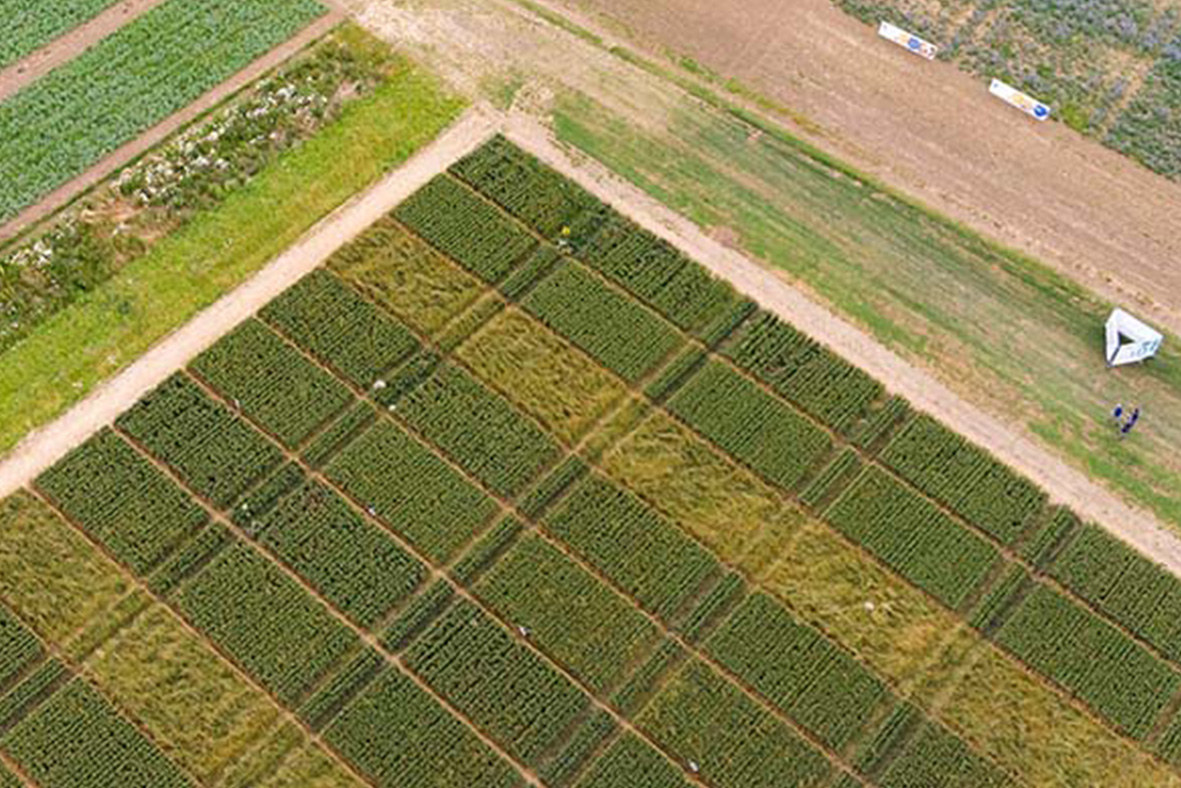On any farm with a grassweed problem, selecting the best herbicide programme is vital to reinforce the effect of cultural control measures to achieve optimum control.
However, there is little information available on whether different cultivation strategies, particularly direct drilling, affect herbicide efficacy.
In previous years, technical manager Mark Hemmant has generally found cinmethylin (as in Luxinum Plus) and aclonifen (as in Proclus) to have similar activity on blackgrass. However, cinmethylin is claimed to have an impact on seed on the surface, so a trial to assess whether it might be a better pre-emergence option was set up at Lamport in 2022/23 and continued this season.
The trial compared blackgrass levels and wheat yields across several cultivation strategies, ranging from direct drilling to deep loosening. These were treated with five pre-emergence regimes – untreated, aclonifen/DFF/flufenacet, and cinmethylin/pendimethalin/picolinafen, both +/- triallate (as in Avadex).
“In two very different years, we did not see any significant benefit of cinmethylin over aclonifen-based herbicide options pre-em, even where direct drilling,” says Mark.
“Although not statistically significant, the aclonifen-based herbicide appeared to work better in the dry conditions of autumn 2022 and exhibited better crop safety in the wet autumn of 2023, the latter particularly with establishment systems where less soil was moved and or where shallower drilling took place.
“In addition, consistent benefits of moving less soil in grassweed levels and of including Avadex were seen in both seasons.”
In other trials, best control of blackgrass has consistently come from using both actives in sequence – aclonifen pre-emergence followed by cinmethylin early post-emergence.
“The results from the Lamport trials confirm that this approach, and that the addition of Avadex pre-emergence is appropriate whatever the cultivation method,” says Mark. “And it reiterated the fact that moving less soil reduces grassweed pressure.
“The take-home message is that no herbicide programme is good enough on its own,” he adds. “Heavy infestations of blackgrass also require appropriate cultural controls to achieve the desired result.”



